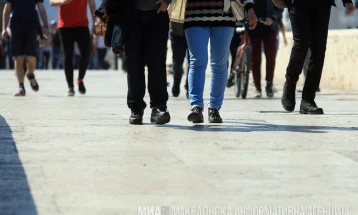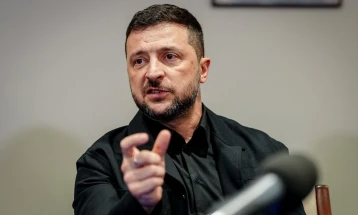WHO: More genome sequences needed to assess new SARS-CoV-2 variants

Geneva, 11 January 2023 (dpa/MIA) — The World Health Organization said it urgently needs more genome sequences of SARS-CoV-2 not only from China but from as many countries as possible.
Without them, it would be difficult to correctly assess the risks posed by the new subline XBB.1.5 of the Omicron SARS-CoV-2 variant.
"Since the peak of the Omicron wave, the number of sequences being shared has dropped by more than 90 percent, and the number of countries sharing sequences has fallen by a third," WHO chief Tedros Adhanom Ghebreyesus said in Geneva on Wednesday.
"The world cannot close its eyes and hope that the virus will go away. It won't," Tedros said.
"Sequencing remains vital to detect and track the emergence and spread of new variants, such as XBB.1.5," he added.
According to Covid-19 expert Maria van Kerkhove, the majority of XBB.1.5 sequences come from a single country, the US. According to the WHO Europe office, the XBB.1.5 subline is also spreading in Europe and it is highly contagious.
Between 10,000 and 14,000 deaths from SARS-CoV-2 are currently reported to the WHO every week. This is almost 90 percent fewer reported deaths than in February 2022.
However, the WHO is convinced that the true number is significantly higher.
The organization has again appealed to China to report all deaths, not just those that fall within the authorities' very limited definition.
China lists as Covid-19 deaths only people who die of respiratory diseases after a corresponding infection.
The WHO stresses, however, that many other complications from SARS-CoV-2 can lead to death.







